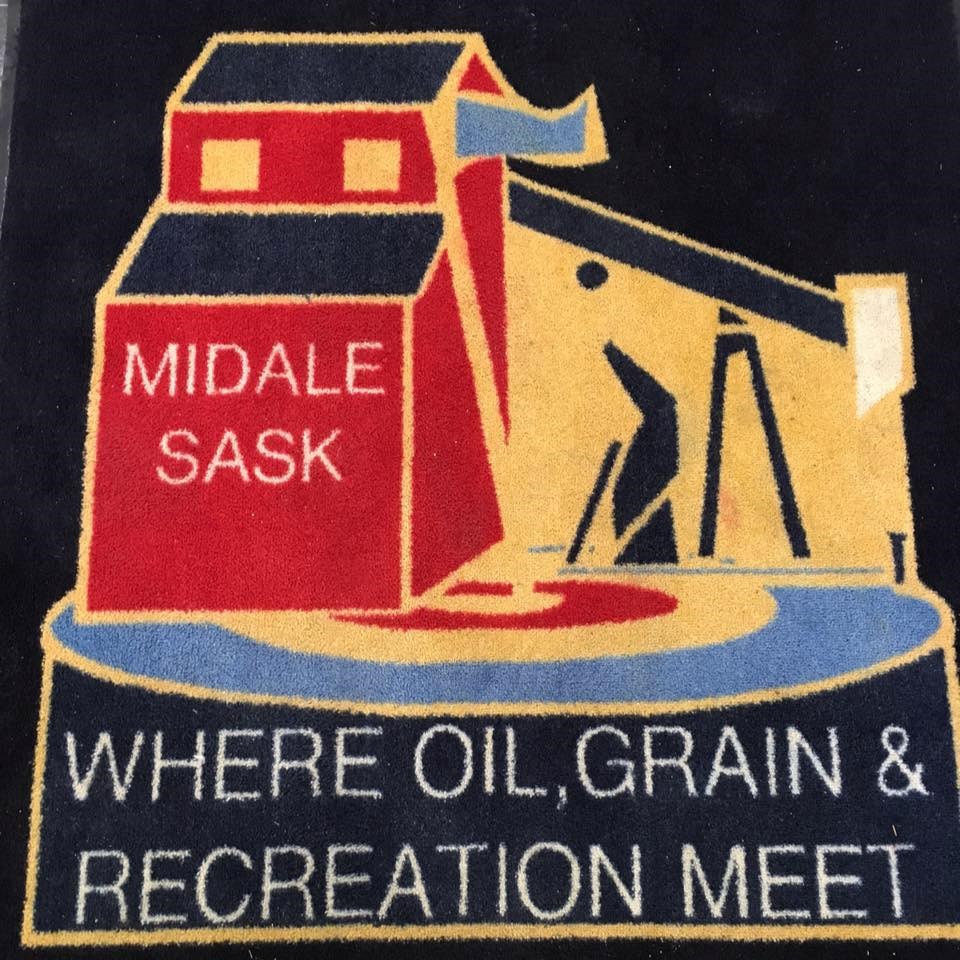It's hard to believe today, but since the collapse of the USSR, independent Russia has officially been proclaimed a democracy and remains such on the paper up to this day.
There are many formal attributes of democracy, but I've always thought that one of the signs that democracy is indeed settled and working is an alive and active civil society. Russia had its civil society sprouting at the end of the 1990s and into the 2000s, but it wasn't even 2010 when its branches and then roots started to be gradually cut. And well before the country arrived where it is now, its civil society was sapped out of any strength and majorly silenced.
But it's not the Russian regime and how things shouldn't be done that I want to talk about today. I rather want to touch on a great example of the opposite.
Not that long ago I had a chance to have a closer look into the life of our small neighbour – Midale, a town with a declining population of just over 500 people (according to the 2021 census, as opposed to over 600 in 2016). Midale, with over 100 years of history, was home to well-known country singer Brad Johner, Paralympic cyclist and 2022 double-bronze medalist Keely Shaw and NHL player Walt Ledingham, and many other great people.
Midale needs no introduction here, we all know where it is and what it looks like. This once-blooming rural Saskatchewan community had all it takes for comfortable living for its residents but has recently been on a decline.
Their gas station and grocery store closed their doors, and some other places have been quieter or closed in the past 10 years. They still have a number of great recreational venues, such as hockey and curling rinks at the Harry O. Memorial Arena, a museum, a library and an outdoor pool. It has local businesses serving the needs of the community and the area, a couple of places to eat and a few other establishments that are convenient to have close to home. But it's been on the decline, which wasn't something the community liked seeing.
So what happened?
Some residents got together, put their heads into fifth gear and started brainstorming what they could do to prevent Midale from turning into another dying-out community. They found some ways to fill in existing gaps. They are working on making the community more attractive.
They are bringing in more fun events and are upgrading the existing ones to breathe life into Midale. They brought in farmers' markets to make it more convenient for residents. They are working on opening a licensed daycare, which will fall under the $10-a-day program and will benefit many people in the area. They are finding ways to convince entrepreneurs that it is the place to do business.
They are steadily looking for ways to make it fun to be in Midale. They have many regular programs and activities for locals, be it at the library, the arena or the pool.
And they also are trying to create synergy by co-ordinating the different offerings across town to make Midale not just a pass-through community on the way to Regina, but a nice place to visit or choose to live in, as even if it doesn't have all one needs right now, the community is working on filling all the voids. That mindset turns the community into a feel-good place, making it more attractive as well.
And that's what I mean by strong civil society, the people on the ground who know they have enough power to bring in changes they need and work towards it. Farmers and teachers, local entrepreneurs, administrators and everyone else with either ideas or just a strong will of not letting their community go, believe that they can affect the situation by applying the energy and resources they have from the bottom to start the change, rather than waiting for the top government in Ottawa or even Regina to notice their problems and help.
And one of the essential parts of a strong civil society is the freedom to believe that people can affect things and to try to bring in changes in a way they think is right.
I feel there are many communities like that in the area, where instead of waiting for something, people do what they can to keep their hometowns thriving. Estevan is among them as well. And all I said above might just be a common point for those of you who grew up in rural Saskatchewan, surrounded by many great volunteers, activists and pioneers in their areas. But as a newcomer, I can tell you the civil society and the people here are extraordinary and worth celebrating day in and day out.




